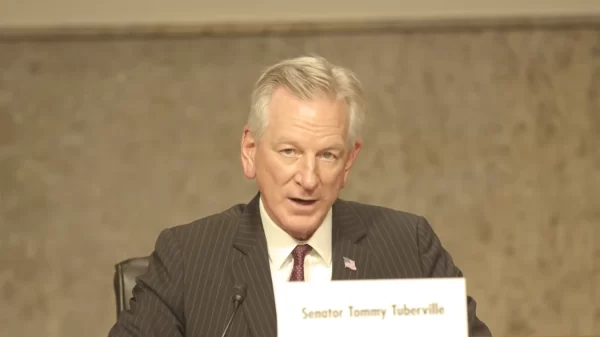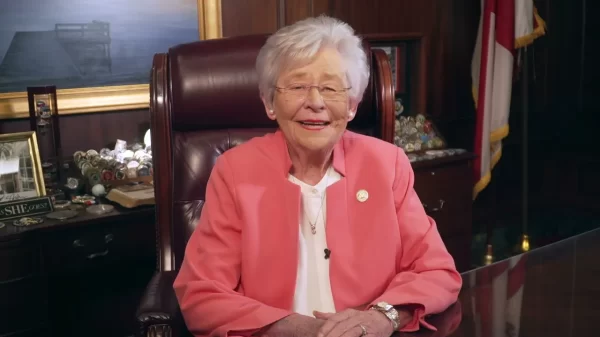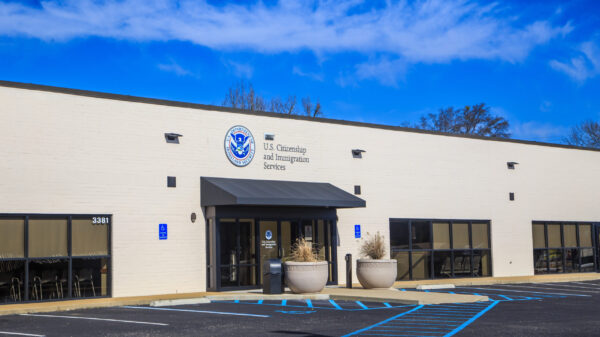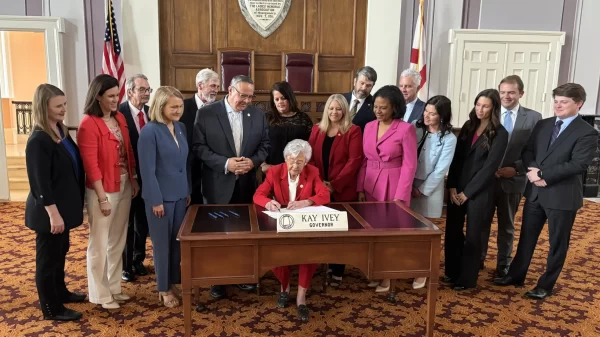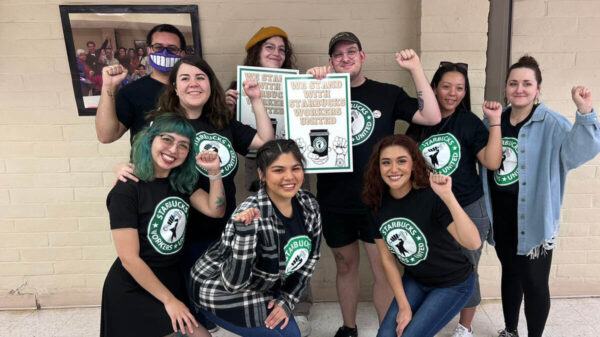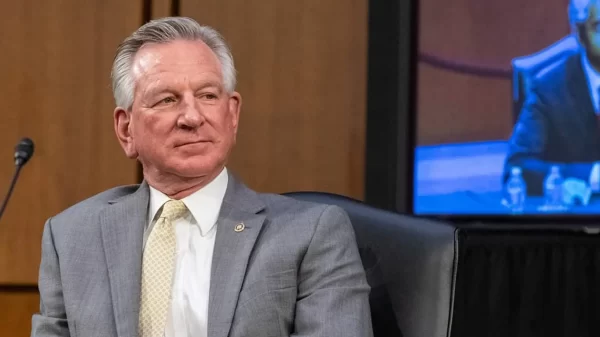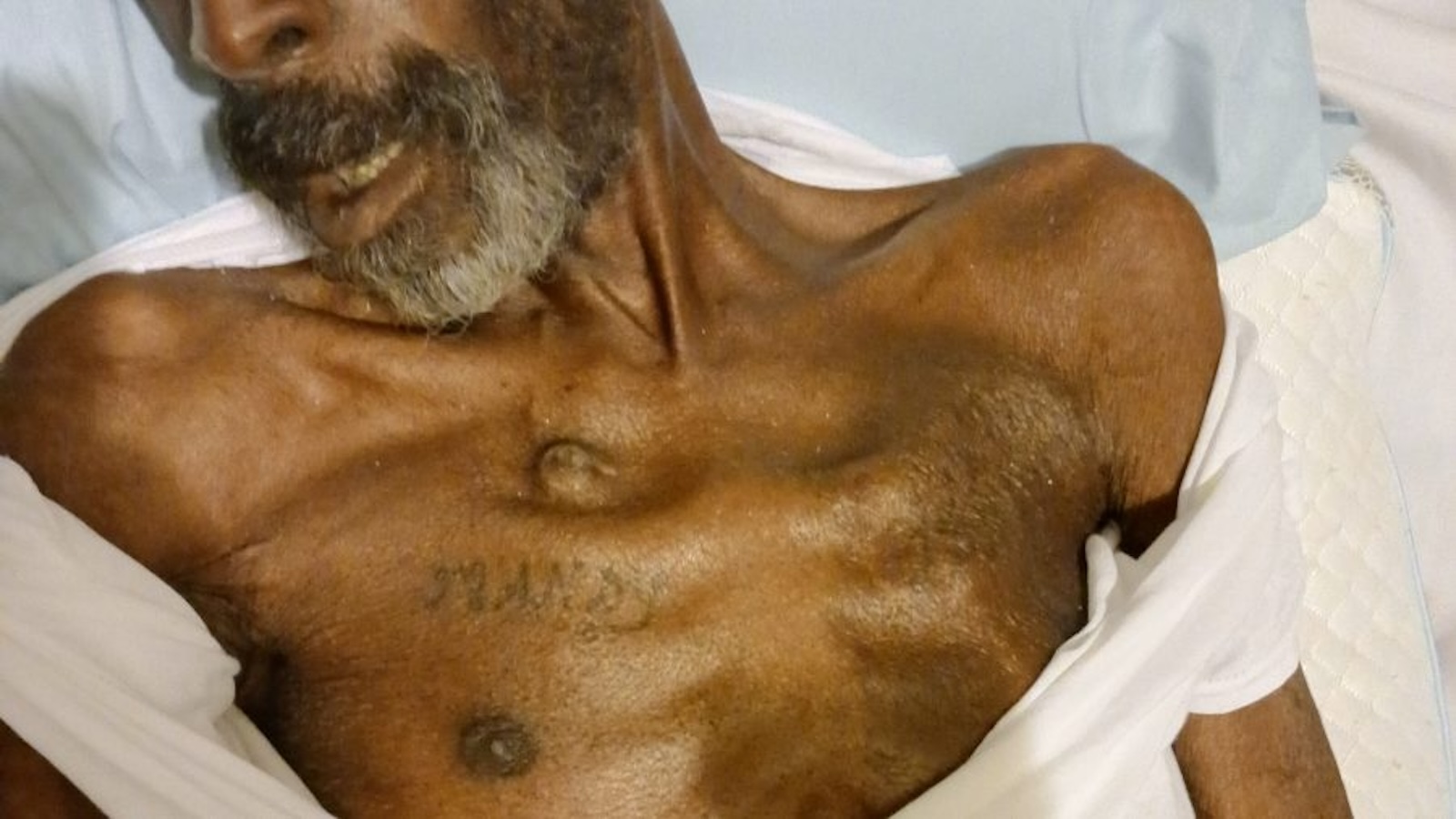|
Getting your Trinity Audio player ready...
|
An incarcerated man died four days after being released on medical furlough, and his family is claiming he was medically neglected and questioning why he was not released sooner.
Antonio Arnez Smith was granted medical furlough in late September but was not released to his family until 30 days after, on Oct. 23. Four days later, he passed away after succumbing to the effects of stage 4 lung cancer and what his sister says is clear medical neglect by the Alabama Department of Corrections (ADOC).
“Once I wheeled him out of that prison all he could was cry,” Casey said. “He said, ‘I can’t believe they let me get to this point before they let me come home. I look like a damn skeleton these people done killed me.’ All he could do was cry.”
Multiple pictures Casey shared with APR depict the condition he was in when he was finally released to the family. The photos show the frail, skeletal frame of Smith as well as what appears to be bed sores on his body. Casey said that her brother could not physically do anything by himself and that touching him caused him pain.
Smith had a daughter who was born while he was incarcerated, and had never seen her father outside prison until the day he was released on medical furlough. Casey said Smith’s daughter could not even hug him because of how frail he was. The family also had to cover the costs associated with Smith’s funeral.
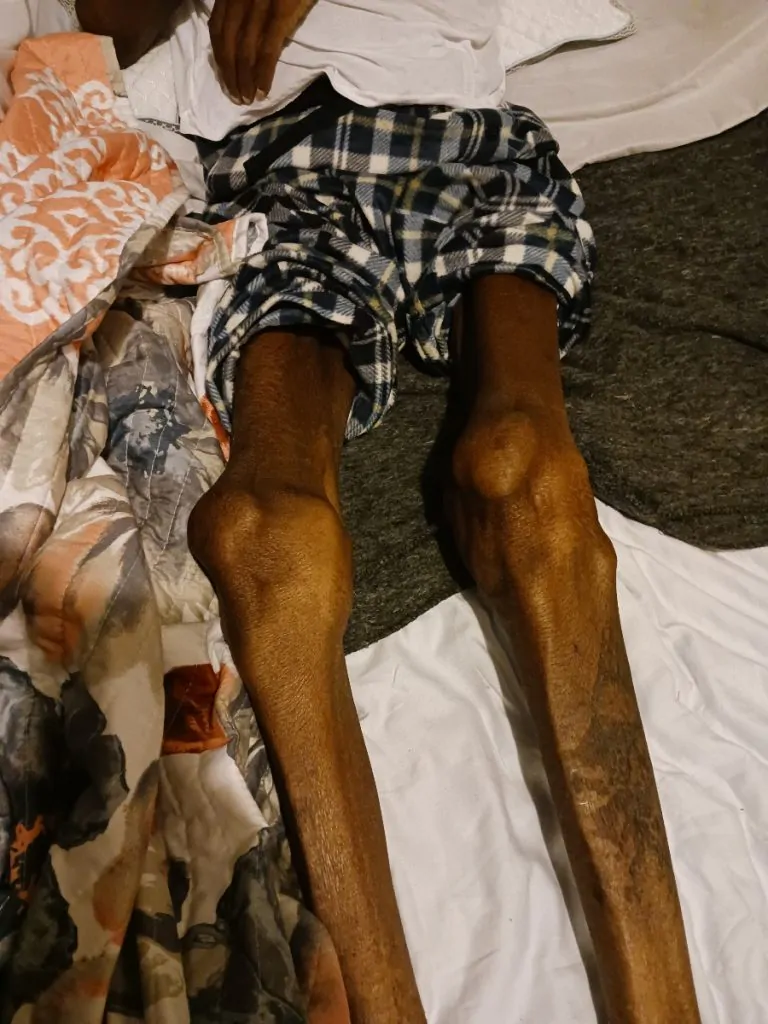
Multiple pictures shared with APR depict the condition Antonio Arnez Smith was in when he was finally released to the family.
“We didn’t get my brother home, we got a skeleton home and a burial fee,” Casey said.
Once he was released to the family, a nurse with a hospice facility came and saw the condition Smith was in. According to Casey, the nurse said Smith had “no more meat to lose,” observing the fact that he lost all the body fat in his body.
Casey said Smith was often left in his urine and the medical department would not assist him because they did not deem him “incapacitated.” Casey recalled visiting her brother before his release on Sept. 25.
On Oct. 5 Casey called her brother and Smith said he had not taken a bath since they visited 10 days earlier. Casey also said that his cancer treatment never started until approximately June, although he received his cancer diagnosis in Nov. 2022.
“I spoke with Lt. Daniels and he said that medical department said they didn’t consider Tony to be incapacitated so they didn’t assist him with anything,” Casey said. “And this was before he came home in the condition that I showed you, and I’m asking them even with our electrical hospital bed, he couldn’t even lift his head up on his own. So just to get out the bed, he was having to pay inmates.”
ADOC defines incapacitation as the following: “For the purpose of this regulation, a permanent, irreversible physical or mental condition that prevents the person from being able to perpetrate a violent physical action upon another person or self or from having the mental capacity to plan, initiate, or participate in a criminal act. Said person is dependent upon a third party for assistance with activities of daily living and health care needs.”
According to Casey’s account, Smith was dependent upon a third party and did not exhibit traits of being capable of committing physical harm.
After his release, Casey said a Lt. Cooper with ADOC and Jada Gardner, a YesCare representative, warned the family about what they could not do as he was still the property of the state. They told the family that if they took pictures of Smith and posted them online or took him to an outside doctor Smith would be returned to the prison.
Casey said Cooper and Gardner were more worried about the family putting Smith on social media than they were about his status.
Before obtaining medical furlough in September, Smith attempted to obtain release through the provision in May but was denied by ADOC Commissioner Jon Hamm. This was covered by several news outlets at the time as well.
During a June Prison Oversight Committee Meeting, Hamm addressed denying Smith’s petition for medical furlough at that time. Hamm explained that he denied the request for medical furlough then because Smith still had the capability of “committing crime” and was convicted of murder.
Despite Hamm’s characterization of Smith, the now-late man was already in work release centers for several years and classified under minimum custody. Smith was at North Alabama Work Center since at least 2018, according to Casey before being moved to Red Eagle Community Work Center in 2020 before his lung cancer was revealed. He was moved to Kilby Correctional Facility in January.
ADOC’s website describes minimum custody as the “lowest custody designation an inmate can receive.” Minimum custody is further divided into three levels Minimum-In, Minimum-Out and Minimum-Community. Red Eagle is a Minimum-Out custody facility which is also defined on ADOC’s website.
“Appropriate for inmates that do not pose a significant risk to self or others and suitable to be assigned off-property work details without the direct supervision of correctional officers,” the website says.
Casey said she took issue with Hamm’s reasoning to deny medical furlough in May because Smith had already dramatically lost weight once arriving at Kilby Correctional Facility in January. Casey said Smith fell from 140 pounds to 104 and already could not move on his own in May. Again, despite this, the medical department never considered Smith to be “incapacitated,” according to Casey.
She also was upset that her brother was fine to go out and be around the community under work release but could not be released to allow his family to take care of him as he suffered from cancer.
“Now that he’s down and he can’t do anything on his own you’re gonna say that he’s fully capable of committing crime,” Casey said. “But as long as he was healthy enough to go out and work it was fine with y’all. Because you allowed him at a community center to work with your kids and everybody else used to be around but he was a threat to the society then.”
Smith was charged with the murder of his girlfriend at the age of 22. In an appeal that was denied, he stated he had ineffective counsel because his attorney never mentioned specific information in the trial including at the time of the shooting he was twice the legal intoxication limit. Smith’s prosecutor was Doug Valeska, who is also alleged in the petition as being affiliated with the Klu Klux Klan.
The appeal also states that the judge gave Smith a sentence of 99 years despite Smith having no prior offenses and the decision exceeding the maximum sentence authorized. In another document, Smith’s brother, a witness when the incident occurred, said it was an accidental shooting.
Casey said she wishes her brother would have been given furlough in May because they could have intervened to help him before he got worse as he was medically neglected.
“You held him to the point where he didn’t have a chance,” Casey said. “We know there was a lot of medical neglect because of the fact of the condition he was in. Just to think about him being in that prison knowing that he couldn’t physically do anything for himself.”




